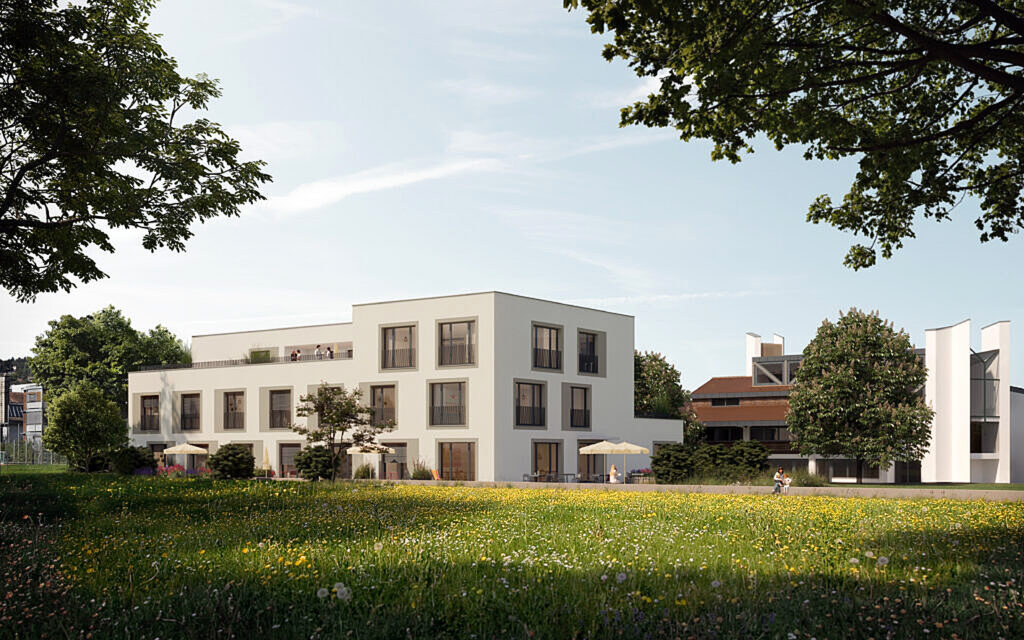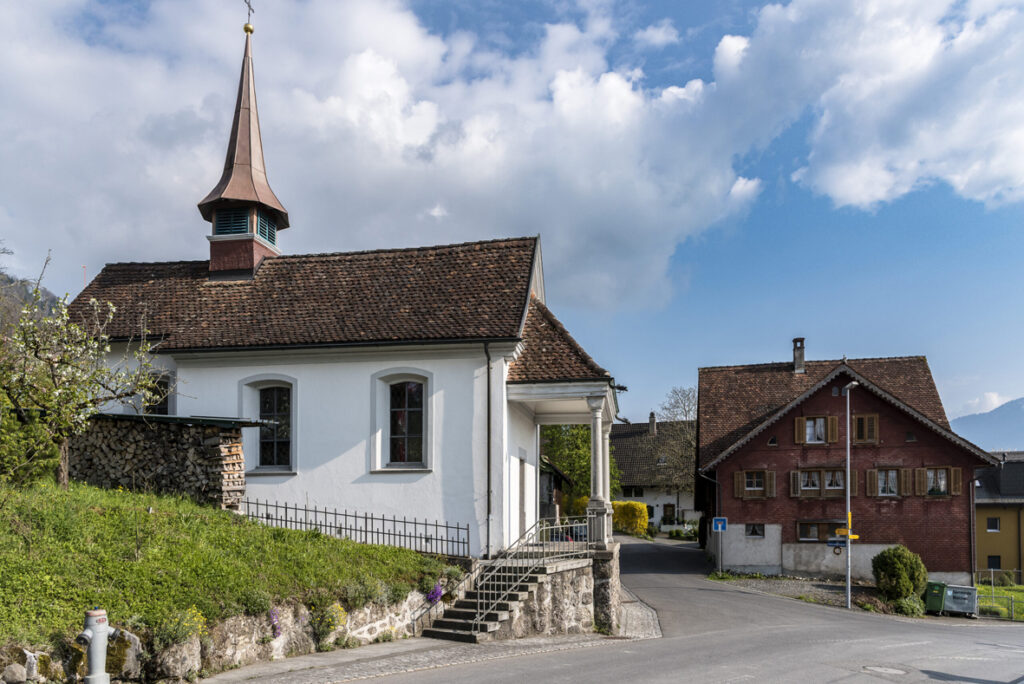With our new parish project, we are keeping the donations in Switzerland this time. We are supporting the "Kinderhospiz Schweiz" foundation for this great project and the accompanying services. A children's hospice is being built in Fällanden, with the ground-breaking ceremony taking place on 5 December 2023. This means that things are becoming very real and we, as the parish of Walchwil, are part of this development.
We are also supporting families with respite holidays at a very difficult time. On behalf of the parish council, on behalf of the foundation and all those affected who can benefit from this, I would like to thank all our supporters. The parish of Walchwil is proud to donate to this project.
Benjamin Meier, parish leader/parish chaplain

Links:
Stiftung Kinderhospiz Schweiz
Kinderhospiz Flamingo
Walchwil is now represented in the Zug Catholic Church's Kulturpunkte Zug project with two objects – in addition to the parish church, now also the Antonius Chapel in the upper village.
The canton of Zug is home to a great wealth and impressive variety of religious cultural assets that are worthy of increased attention: Churches, monasteries, chapels, ossuaries, each with all their furnishings, as well as wayside shrines, wayside crosses, cross paths, etc.
The "Kulturpunkte Zug" project aims to arouse interest in these cultural assets and to communicate them in an attractive way using modern media, to bring them closer digitally – with videos, audio files, picture galleries, with short, informative texts and many links. But above all, with stories – with stories of what and how people believed in past centuries, how they lived and mastered life with the help of their faith.
These diverse forms of faith and their material manifestations, as well as their changes, have had a significant impact on our culture and continue to do so to a not inconsiderable extent today, albeit often unconsciously. Finding access to Zug's cultural points or deepening it therefore also means understanding the present and ultimately oneself better.
Particularly in a multicultural and multi-religious society, knowledge of one's own regional traditions and a certain familiarity with them are fundamental to finding one's identity. And both are just as essential for mutual understanding, dialogue and peaceful coexistence as they are for responsibly shaping the future.
